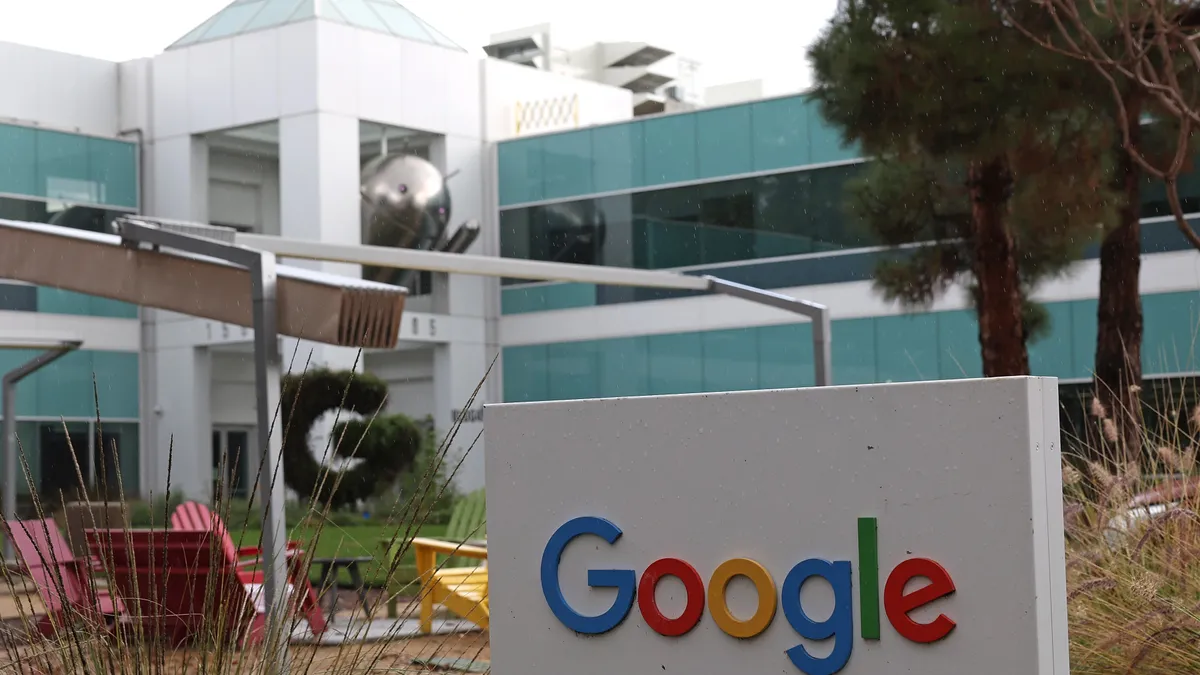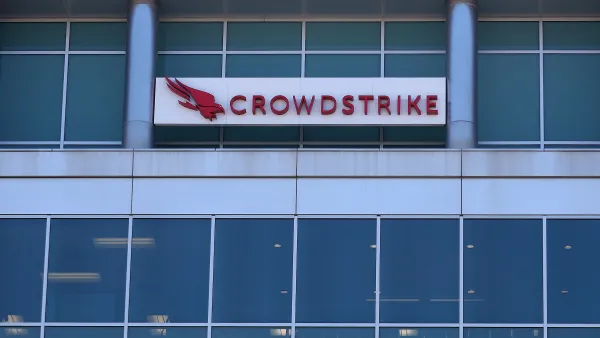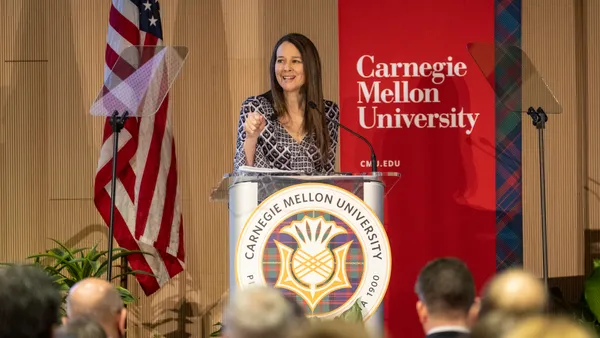Dive Brief:
- A network administrator at a college was fired for performance reasons, not because of age or race bias, the 3rd U.S. Circuit Court of Appeals had held (Ortiz v. Cedar Crest College, No. 18-cv-1117 — 3rd Cir. Mar. 12, 2019).
- Michael Oritz, a Cedar Crest College employee, failed to perform routine data backups, a key duty of his job, according to court documents. Instead, he relied solely on visual inspections of a server's status lights, allegedly an inadequate process that caused the permanent loss of six weeks' worth of data following a crash.
- In asserting that his termination amounted to age discrimination, Ortiz relied on a second-hand account that the college provost had called him "old and antiquated" 10 months before she fired him. Oritz's national-origin claim was based on comments made by a supervisor who was no longer employed by the college at the time of his termination. That evidence was insufficient to show pretext, the appeals court said, upholding summary judgment for the employer.
Dive Insight:
Ortiz also alleged that the college set him up for failure because it denied his requests for training and new equipment. But he was unable to show it denied his requests for discriminatory reasons; "At most, Ortiz has show the College was partially to blame for the server crash and resulting data loss," according to court documents.
Regardless of an employee's protected status, a clear failure to properly execute key functions will generally serve as a reasonable basis for discipline, assuming other employees suffer the same consequences.
Here, the 3rd Circuit said, "The evidentiary record overwhelmingly supports the College's stated reason for terminating Ortiz: he failed an essential duty of his job by not maintaining a reliable data backup scheme, resulting in the permanent loss of important data at the College."
It's worth noting that this is a non-precedential decision, but it serves as an important reminder that employers need to watch for age discrimination, both deliberate and inadvertent.
Cathy Ventrell-Monsees, senior U.S. Equal Employment Opportunity Commission advisor, previously told HR Dive age bias and age stereotyping are an "open secret" in the workplace because they are so common and so accepted. Even during periods of low unemployment, older workers report continuing difficulties in getting hired.
Fortunately for employers, the basics of complying with the federal age discrimination law are relatively straightforward: Employees age 40 and older are protected. (Employers should note, however, that some regions have established protections for employees under the age of 40.)
The law prohibits "discrimination in any aspect of employment, including hiring, firing, pay, job assignments, promotions, layoff, training, benefits, and any other term or condition of employment," according to the EEOC.
In addition to guarding against blatant discrimination and harassment, employers need to avoid negative stereotypes about older workers — for example, that they have less energy or are planning to retire soon. Employers also need to be careful about disparate impact claims when age-neutral decisions disproportionately affect older workers, such as layoffs targeting high-paid, long-tenured employees.














